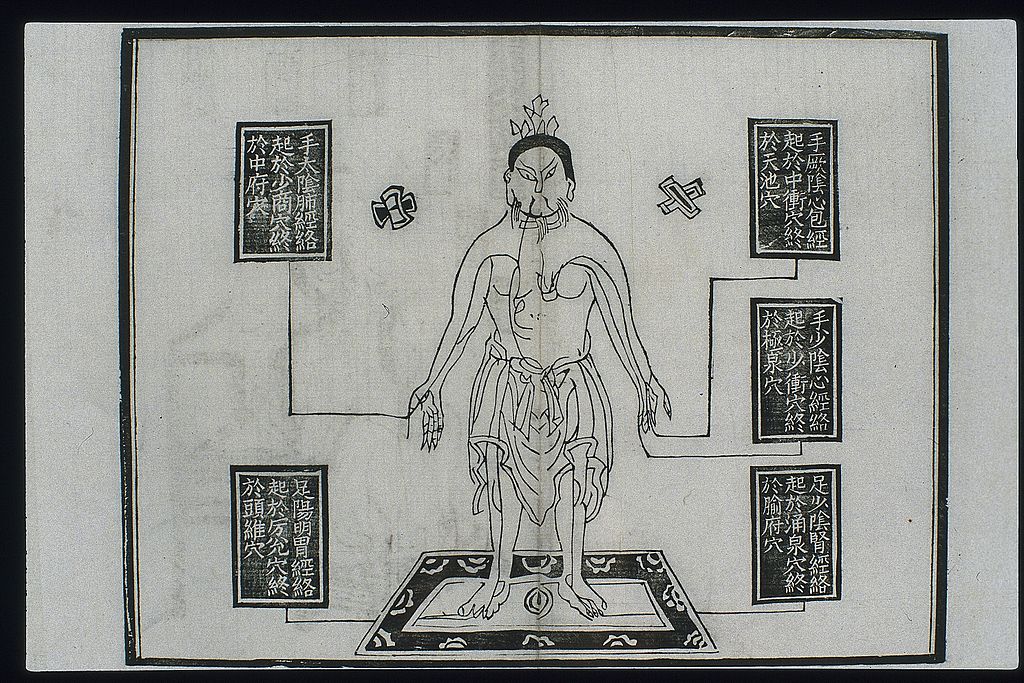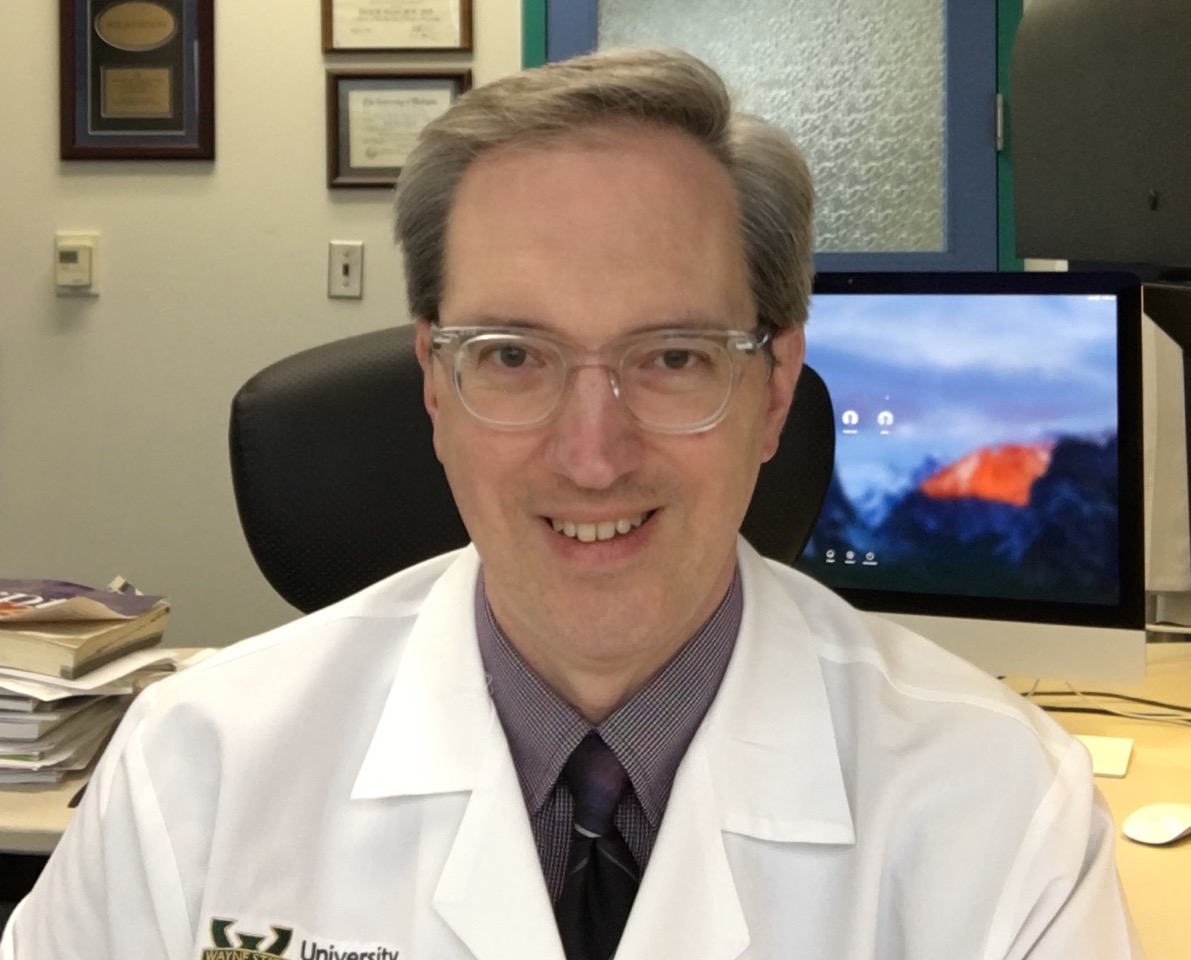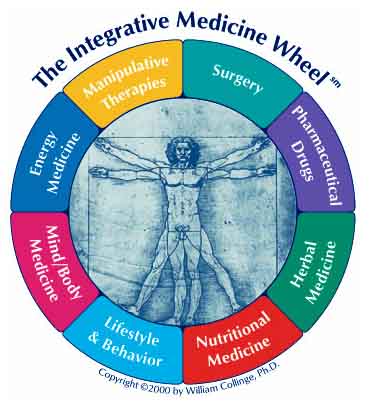If integrative or alternative medicine worked, it would be called medicine. OMT, battlefield acupuncture, and even most of sports medicine procedures fall within this.
A lot of medicine that we do is not particularly evidenced based, and is essentially alternative medicine, as you suggested above.
Joint injections, trigger points, vertebral fusions, ESIs in a lot of cases, opioids for chronic pain, tramadol for anything, docusate, sliding scale insulin, nebs instead of inhalers, etc. etc. A lot of the specific things physical therapists do are not evidence based, and some of it is exactly the same as what chiropractors and osteopathic providers are doing.
Choosing Wisely: Things We Do For No Reason has some good reads. We all have used alternative medicine, and most of us will use alternative medicine on Monday. Many are surprised that some common practices are almost completely tradition and not based on much evidence at all.
Much as I see integrative medicine as just part of what we already learned about already in family medicine residency, It also seems strange to me for us to look down on acupuncture or chiropractic when we are often working on the same evidence level.
For example, if you are prescribing tramadol then you are doing something with comparable evidence to acupuncture, and you are doing alternative medicine. This is important to think about because many of our treatments in mainstream medicine have more risk (like an opioid or an invasive procedure/surgery) than many alternative medicine options (like chiropractic or yoga) and do not have a clearly demonstrated higher benefit.
We should be aware of the perverse incentives that exist in our medical system as well. For example, I think we can all agree that there's no way there would be so many spinal surgeries if they didn't make so much money, and the data vs usual care is about the same at 24 months in many scenarios.
It's something uncomfortable to grapple with, but it is important to be academically honest about the whole situation so we can provide the best care.





